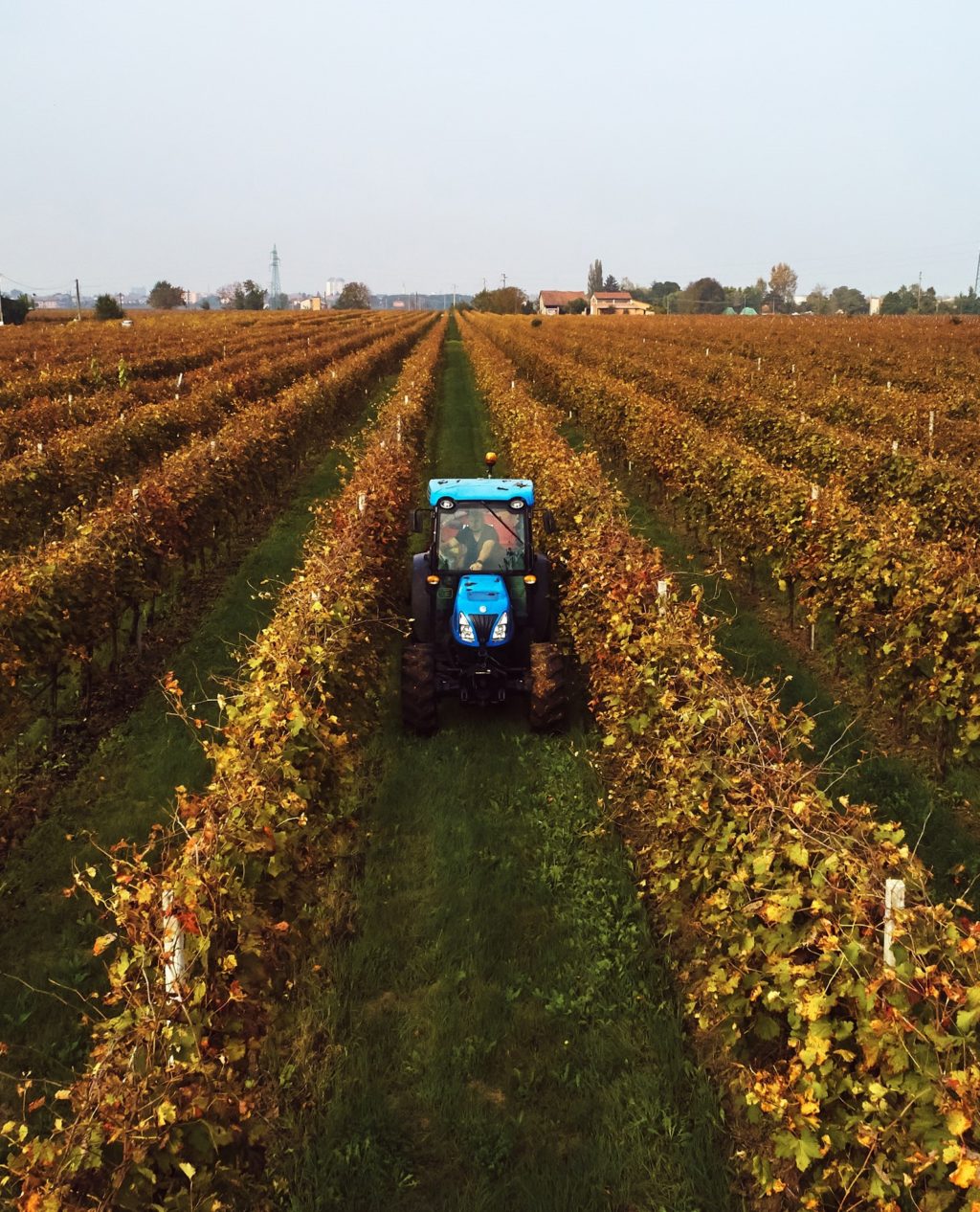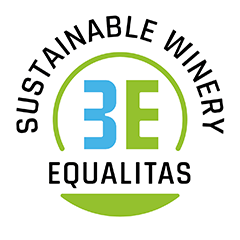We have always believed in safeguarding and enhancing the territory, respecting the environment, its times and ways. We cultivate 80 hectares of vineyards entirely organic. We produce our wines by applying a model of sustainable development that allows us to guarantee a high quality of products and an iron protection of the health of our customers and consumers.
However, in recent years we have heard more and more about organic wine and many times we have doubts and confusion is generated. What does it mean to produce organic wine? Is it really that complicated?
First of all it is good to clarify that at the legislative level the sector was regularized with a European Regulation in March 2012. Organic production therefore means following a series of rules certifying that the wine is genuine, healthy and quality.
However, obtaining organic certification is not so immediate. Companies are subject to continuous and strict controls by the competent bodies which certify the compliance of companies with legal obligations. The conversion process lasts 3 years, during which the company adapts to the organic rules. This stalemate occurs in any case, whether you start from a company that already follows all the biological parameters, or that you start from a company that does not follow them.
So what are the rules of making organic wine?
A wine is defined as such when:
• The grapes from which it is produced are 100% organic
• The grapes are grown without the help of synthetic chemicals (fertilizers, herbicides, insecticides, pesticides) and without the use of GMOs.
• Vinification takes place with the limited use of sulphites and certified organic wine products
Our idea of organic has always been an ethical choice. We are the first consumers of our wines and have always been admirers of our land.



